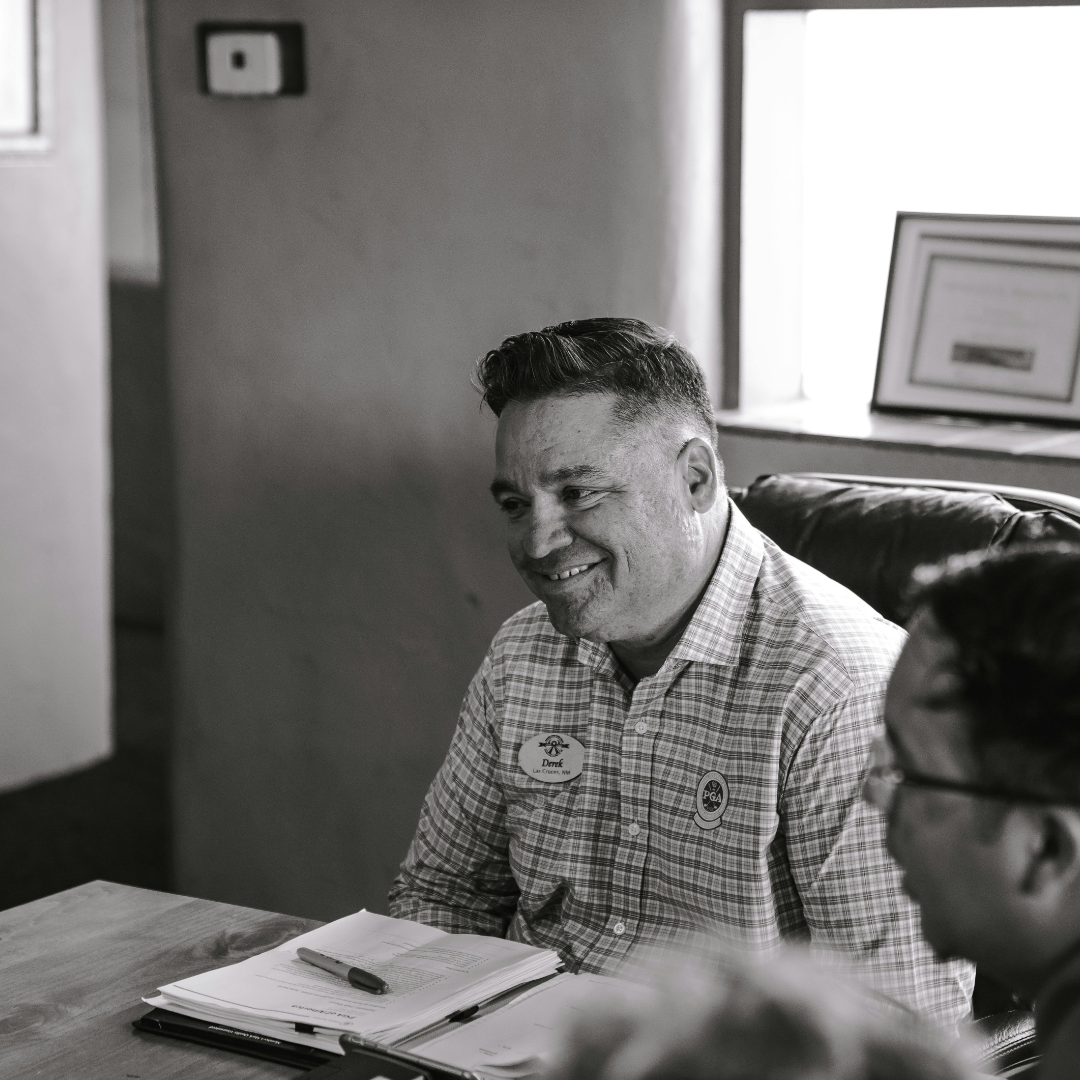Homecoming: Preparing for Your Loved One’s Return from Rehab

Preparing for a loved one’s return from residential rehab or for their attendance in a partial hospitalization program, outpatient treatment, or other program is a crucial step in supporting their recovery journey. It involves emotional readiness, practical arrangements, and creating a supportive environment that fosters their well-being. Here’s a comprehensive guide on how to prepare for both scenarios:
Emotional Preparation:
- Educate Yourself: Learn about addiction, recovery, and the specific program your loved one is attending. Understanding their struggles and the process of rehabilitation can help you provide better support.
- Manage Expectations: Recovery is a journey with ups and downs. Be prepared for challenges and setbacks, and maintain realistic expectations about your loved one’s progress.
- Address Your Own Feelings: It’s normal to feel anxious, hopeful, or uncertain about your loved one’s return or participation in a program. Take care of your own emotional well-being by seeking support from friends, family, or a therapist if needed.
- Practice Patience and Empathy: Recovery takes time, and your loved one may need patience and understanding as they navigate through the process. Practice empathy and avoid judgment or criticism.
Practical Preparation:
- Home Environment: Create a supportive and conducive environment at home. Remove any triggers or substances that could potentially derail their progress. Ensure a clean, safe, and welcoming space for their return.
- Establish Boundaries: Set clear boundaries to maintain a healthy dynamic within the household. This may involve establishing rules around substance use, communication, or responsibilities.
- Communication Plan: Discuss with your loved one how you’ll communicate effectively during their recovery. Open and honest communication is key to addressing concerns, expressing support, and resolving conflicts.
- Reintroduction to Routine: Help your loved one ease back into a regular routine. Establish a schedule that includes healthy activities, such as exercise, hobbies, and socializing, to promote stability and structure.
- Support Network: Build a strong support network for your loved one, including family, friends, support groups, and healthcare professionals. Encourage them to engage with supportive peers who understand their journey.
Specific Preparation for Residential Rehab Return:
- Welcoming Ritual: Plan a warm and welcoming reception for your loved one’s return from residential rehab. This could include a simple gathering with family and close friends, or a special meal to celebrate their homecoming.
- Continued Care Plan: Work with their treatment team to develop a comprehensive aftercare plan. This may involve outpatient therapy, support group meetings, medication management, or other services to support their ongoing recovery.
- Relapse Prevention Strategies: Equip your loved one with relapse prevention strategies and coping skills to navigate triggers and cravings. Encourage them to attend relapse prevention workshops or therapy sessions to reinforce these skills.
Specific Preparation for Partial Hospitalization Program or Outpatient Treatment:
- Logistical Support: Offer logistical support, such as transportation to and from treatment sessions, scheduling appointments, and managing medications. Remove any barriers that may hinder their participation in the program.
- Active Involvement: Be actively involved in their treatment process by attending family therapy sessions, participating in educational workshops, and staying informed about their progress and goals.
- Encourage Self-Care: Encourage your loved one to prioritize self-care practices, such as adequate sleep, nutrition, exercise, and stress management. These habits can support their overall well-being and enhance the effectiveness of their treatment.
- Celebrate Milestones: Acknowledge and celebrate their achievements and milestones throughout their treatment journey. Whether it’s completing a program module, reaching a certain sobriety milestone, or achieving personal goals, recognition and encouragement can boost their motivation and morale.
In summary, preparing for a loved one’s return from residential rehab or their participation in a partial hospitalization program, outpatient treatment, or other program requires a combination of emotional readiness, practical arrangements, and ongoing support. By fostering a supportive environment, maintaining open communication, and actively engaging in their recovery journey, you can play a vital role in helping your loved one achieve long-term sobriety and well-being.




